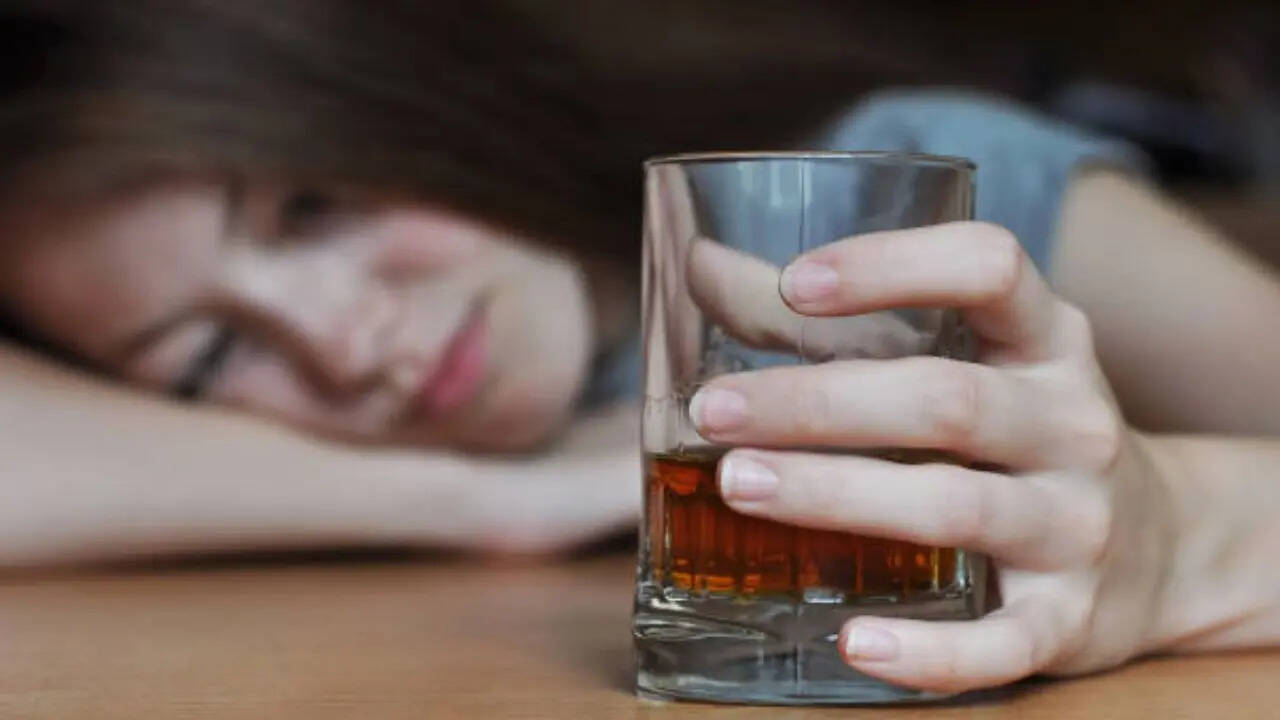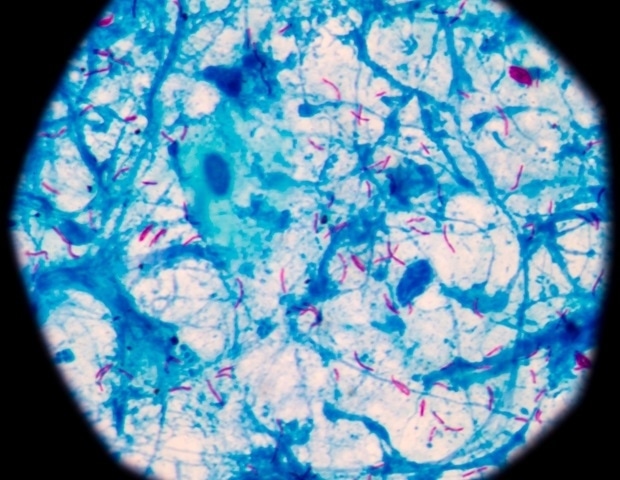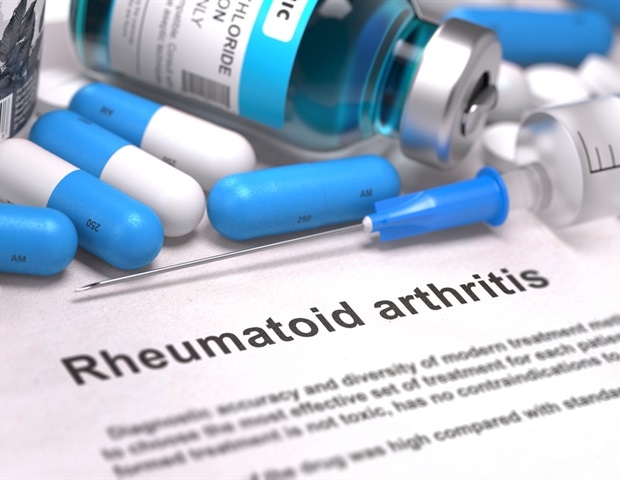
Ever wondered why you feel more anxious after a night of drinking? While alcohol might seem like a stress reliever at first, experts warn that it can actually worsen anxiety and even trigger panic attacks. According to Dr Vishal Khurana, Director of Gastroenterology at Metro Hospital Faridabad, alcohol has a direct impact on the brain’s neurotransmitters, particularly gamma-aminobutyric acid (GABA). This neurotransmitter is responsible for calming the nervous system, and alcohol enhances its activity, making you feel relaxed and carefree—at least for a while.
However, alcohol also disrupts other brain chemicals like glutamate, which controls excitement and alertness. Once the alcohol wears off, this disruption can lead to mood swings, irritability, and heightened anxiety. “Rather than providing permanent relief, alcohol actually increases fear and anxiety once its effects fade,” says Dr Khurana.

The Vicious Cycle of Anxiety and AlcoholWhile a drink or two may seem to take the edge off, regular alcohol use can have long-term effects on your mental health. Frequent drinking alters your brain chemistry, making it harder to manage anxiety naturally. Over time, your brain may start depending on alcohol for relaxation.
But the catch? Once the alcohol is gone, anxiety often returns stronger than before, leading to a dangerous cycle. “The more people drink to relieve anxiety, the worse their anxiety gets when they stop drinking. This can even lead to panic attacks,” explains Dr Khurana.
Can Alcohol Cause Panic Attacks?Absolutely. A panic attack is an intense wave of fear that can come out of nowhere. Symptoms include: Racing heart Trouble breathing Dizziness Nausea A feeling of impending doom Dr Pravin Kahale, Consultant Cardiologist at Kokilaben Dhirubhai Ambani Hospital, Mumbai, warns that alcohol can mimic and even trigger panic attack symptoms.
“Alcohol increases heart rate, causes dehydration, and depletes essential electrolytes like magnesium and potassium. These imbalances can lead to dizziness, muscle weakness, and palpitations—symptoms that are eerily similar to a panic attack,” he explains. Alcohol also affects blood sugar levels, sometimes causing them to drop drastically.
This can result in shaking, confusion, and lightheadedness—again, symptoms that resemble anxiety and panic attacks. Who Is Most at Risk?Certain people are more vulnerable to alcohol-induced anxiety and panic attacks, including those who: Have generalized anxiety disorder, panic disorder, or social anxiety Have a history of mental health issues Have pre-existing heart conditions, hypertension, or diabetes Regularly binge drink For those who drink frequently, withdrawal symptoms can also cause intense anxiety. If alcohol is suddenly stopped, the brain struggles to regain balance, leading to symptoms like a racing heart, shaking, and overwhelming fear.
In severe cases, withdrawal can even lead to life-threatening seizures. How to Manage Alcohol-Induced AnxietyIf you’ve ever experienced anxiety or panic after drinking, don’t worry—there are ways to minimize the impact: Drink in moderation – If you choose to drink, avoid binge drinking. Stay hydrated – Drink plenty of water before, during, and after alcohol consumption.
Eat well – A balanced meal before drinking helps maintain stable blood sugar levels. Limit caffeine and sugar – These can make anxiety worse when combined with alcohol. Practice stress management – Try deep breathing, meditation, or regular exercise to keep anxiety in check.
Get enough sleep – Alcohol disrupts REM sleep, which is essential for emotional regulation. Talk to a professional – If you struggle with anxiety or panic attacks after drinking, consult a doctor to determine a safe alcohol limit for you. While alcohol might seem like a quick fix for anxiety, it often does more harm than good.
What starts as relaxation can quickly turn into heightened anxiety and even panic attacks. Get Latest News Live on Times Now along with Breaking News and Top Headlines from Health and around the world..















